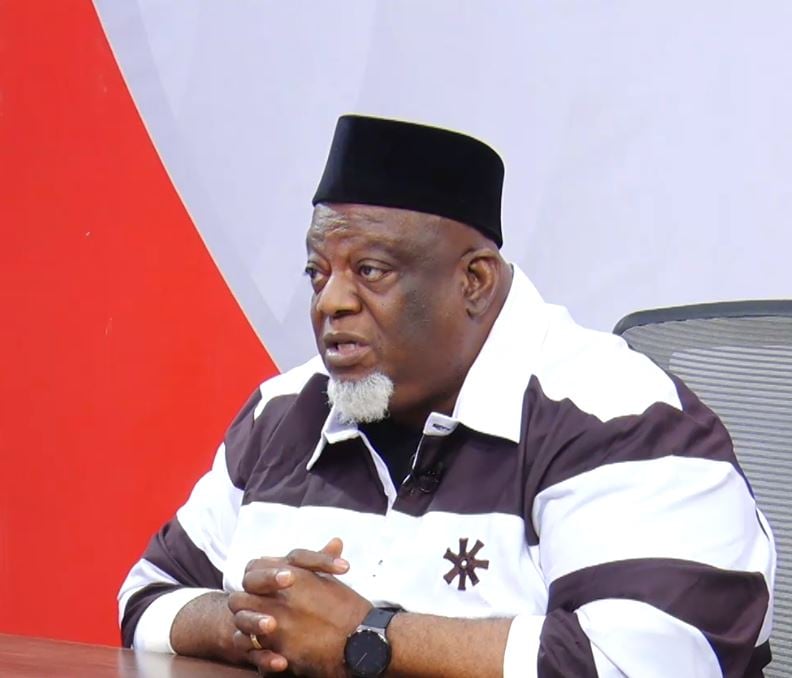The Complexities of Tax Reform in Ghana: Balancing Relief and Revenue Generation
The recent nomination of Cassiel Ato Forson as Ghana’s Finance Minister-designate has sparked discussions about the country’s fiscal policies, particularly concerning tax reforms. Joe Jackson, CEO of DALEX Finance, has expressed confidence in Forson’s ability to navigate the intricate landscape of taxation, acknowledging the inherent challenges in balancing the desire for tax relief with the need for sustained revenue generation. Ghana’s current economic situation, marked by an IMF program and substantial debt obligations, necessitates a cautious approach to tax reforms. While eliminating taxes might appear politically expedient and offer immediate relief to citizens and businesses, the long-term implications for government revenue and fiscal stability must be carefully considered. Jackson emphasized this delicate balance, highlighting the difficulty of replacing lost revenue streams while adhering to commitments made under the IMF program. Simply scrapping taxes without viable alternatives could jeopardize Ghana’s ability to meet its debt obligations and maintain essential public services.
President Mahama’s pledge to abolish several taxes, including the E-levy, COVID levy, and the betting tax, within the first 90 days of his administration has added another layer of complexity to the situation. This promise reflects the public sentiment against these taxes, which are perceived as contributing to the high cost of living and hindering business growth. However, fulfilling this promise without compromising the country’s financial stability will require careful planning and innovative revenue generation strategies. Forson’s expertise in finance will be crucial in navigating this challenge and finding alternative revenue sources to compensate for the loss incurred by repealing these taxes. He will need to strike a balance between fulfilling the President’s promise of tax relief and maintaining the necessary fiscal discipline to meet Ghana’s financial obligations.
The appointment of Ato Forson as Finance Minister-designate signals a potential shift in Ghana’s fiscal policy. His expertise and experience will be crucial in navigating the complex terrain of tax reform and finding a sustainable path towards both economic relief and fiscal stability. Forson will need to carefully consider the implications of any tax changes, ensuring that they align with the country’s overall economic goals and its commitments under the IMF program. This will require a delicate balancing act, weighing the benefits of tax relief against the need for consistent revenue streams to support government spending and debt repayment. His ability to effectively communicate these complex issues to the public and build consensus around necessary reforms will be essential for successful implementation.
The challenge facing Forson is not simply about reducing the tax burden but also about reforming the tax system to make it more efficient and equitable. This may involve broadening the tax base, improving tax collection mechanisms, and addressing issues of tax evasion and avoidance. A comprehensive approach to tax reform is necessary to ensure that the tax system is not only generating sufficient revenue but also promoting economic growth and fairness. Forson will need to engage with various stakeholders, including businesses, civil society organizations, and international partners, to develop a tax policy that is both effective and sustainable. This will require a combination of technical expertise, political acumen, and a commitment to transparent and inclusive governance.
The success of Ghana’s tax reforms will depend on a multifaceted approach that considers both the short-term need for relief and the long-term requirements for fiscal sustainability. Forson’s leadership will be critical in steering this process and finding creative solutions to the complex challenges ahead. He will need to work closely with other government officials, including the Minister for Energy and the Attorney-General, to ensure a coordinated and effective approach to economic management. The ability to build consensus and foster collaboration will be crucial in implementing necessary reforms and achieving sustainable economic growth. Furthermore, maintaining open communication with the public and building trust in the government’s economic policies will be essential for gaining support for necessary reforms.
In conclusion, the appointment of Ato Forson as Finance Minister-designate comes at a crucial time for Ghana’s economy. He faces the daunting task of balancing the competing demands for tax relief and revenue generation, all while navigating the constraints of an IMF program and significant debt obligations. His success will depend on his ability to develop and implement comprehensive tax reforms that are both economically sound and politically feasible. The next few months will be critical as he navigates these complex challenges and sets the course for Ghana’s economic future. His expertise and experience, combined with a collaborative approach and effective communication, will be essential for achieving sustainable economic growth and improving the lives of Ghanaians.


